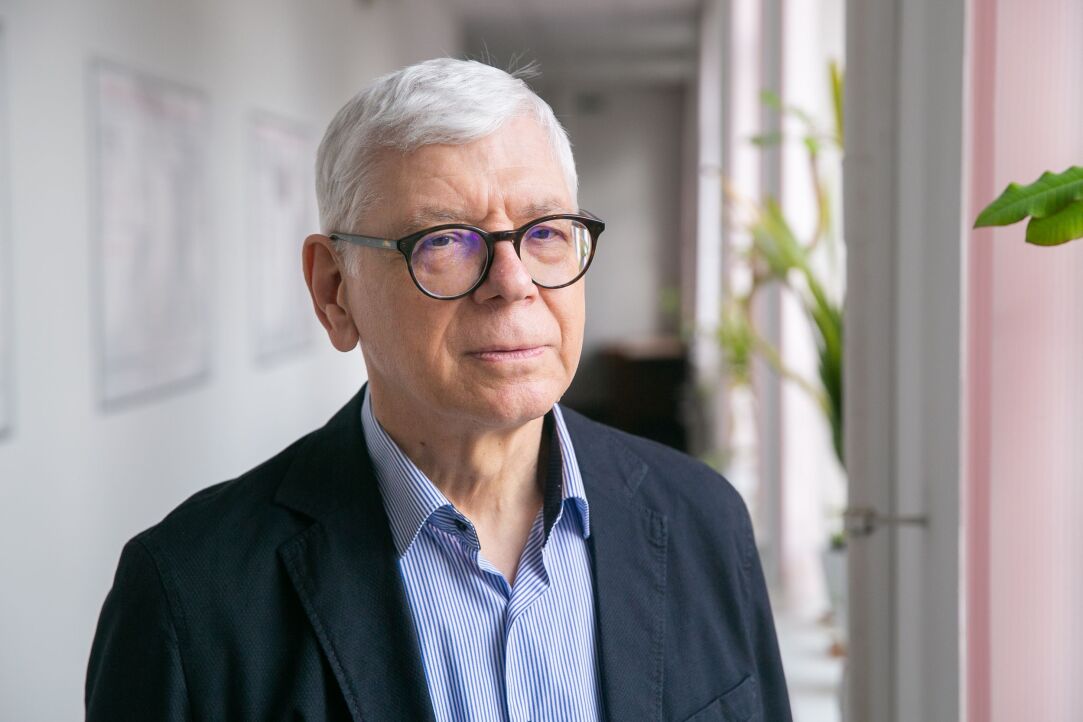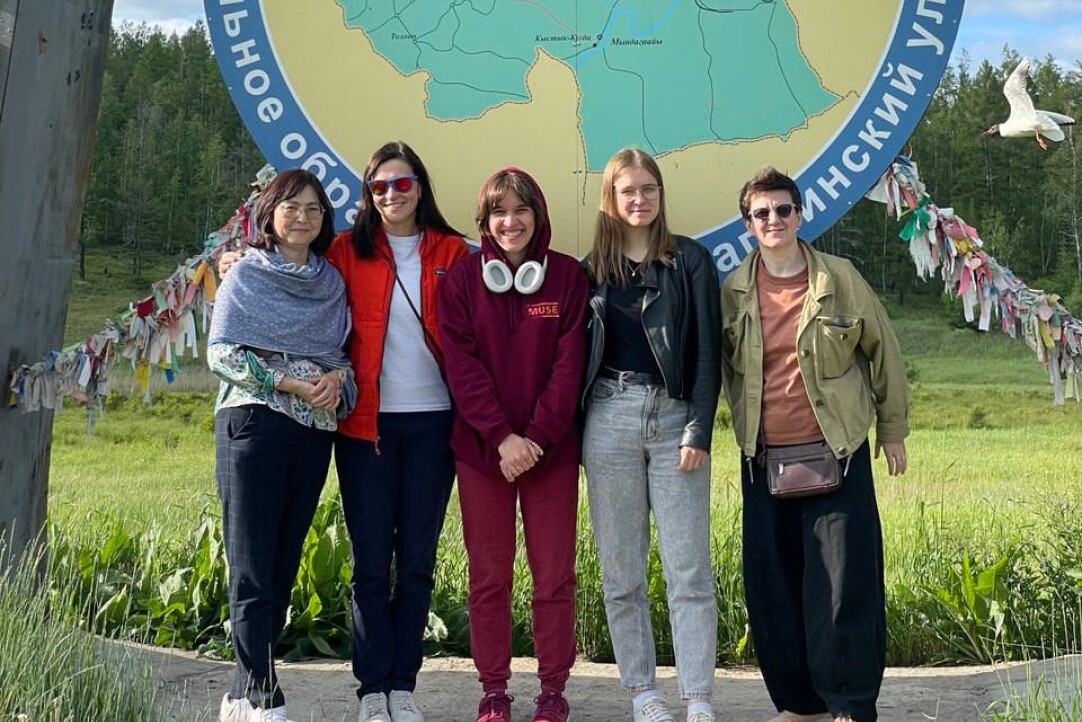
Designing an Accurate Reading Skills Test: Why Parallel Texts are Important in Dyslexia Diagnosis
Researchers from the HSE Centre for Language and Brain have developed a tool for accurately assessing reading skills in adults with reading impairments. It can be used, for instance, before and after sessions with a language therapist. The tool includes two texts that differ in content but are equal in complexity: participants were observed to read them at the same speed, make a similar number of errors, and understand the content to the same degree. Such parallel texts will enable more accurate diagnosis of dyslexia and better monitoring of the effectiveness of interventions aimed at addressing it. The paper has been published in Educational Studies.
A Space for Economic Experimentation: LEEF Organises Workshop for Early-Career Researchers
In early September 2025, the renewed Laboratory for Experimental Economics and Finance (LEEF) held its first workshop for early-career researchers. Its main distinguishing feature was that every presentation was based on the results of laboratory economic experiments. In particular, the speakers discussed what people consider a fair deal, how best to motivate employees, and how genes influence the willingness to cooperate and help others. All interested students and postgraduates were invited to collaborate with the laboratory.

HSE Researchers Determine Frequency of Genetic Mutations in People with Pulmonary Hypertension
For the first time in Russia, a team of scientists and clinicians has conducted a large-scale genetic study of patients with pulmonary arterial hypertension. The team, which included researchers from the International Laboratory of Bioinformatics at the HSE Faculty of Computer Science, analysed the genomes of over a hundred patients and found that approximately one in ten carried pathogenic mutations in the BMPR2 gene, which is responsible for vascular growth. Three of these mutations were described for the first time. The study has been published in Respiratory Research.

Similar Comprehension, Different Reading: How Native Language Affects Reading in English as a Second Language
Researchers from the MECO international project, including experts from the HSE Centre for Language and Brain, have developed a tool for analysing data on English text reading by native speakers of more than 19 languages. In a large-scale experiment involving over 1,200 people, researchers recorded participants’ eye movements as they silently read the same English texts and then assessed their level of comprehension. The results showed that even when comprehension levels were the same, the reading process—such as gaze fixations, rereading, and word skipping—varied depending on the reader's native language and their English proficiency. The study has been published in Studies in Second Language Acquisition.

Scientists Discover How Correlated Disorder Boosts Superconductivity
Superconductivity is a unique state of matter in which electric current flows without any energy loss. In materials with defects, it typically emerges at very low temperatures and develops in several stages. An international team of scientists, including physicists from HSE MIEM, has demonstrated that when defects within a material are arranged in a specific pattern rather than randomly, superconductivity can occur at a higher temperature and extend throughout the entire material. This discovery could help develop superconductors that operate without the need for extreme cooling. The study has been published in Physical Review B.

'Biotech Is Booming Worldwide'
For more than five years, the International Laboratory of Bioinformatics at the HSE Faculty of Computer Science has been advancing cutting-edge research. During this time, its scientists have achieved major breakthroughs, including the development of CARDIOLIFE—a unique genetic test unmatched worldwide that predicts the likelihood of cardiovascular disease. With the active participation of HSE students, including doctoral students, the team is also working on a new generation of medicines. In this interview with the HSE News Service, Laboratory Head Maria Poptsova shares insights into their work.

Civic Identity Helps Russians Maintain Mental Health During Sanctions
Researchers at HSE University have found that identifying with one’s country can support psychological coping during difficult times, particularly when individuals reframe the situation or draw on spiritual and cultural values. Reframing in particular can help alleviate symptoms of depression. The study has been published in Journal of Community Psychology.

'Today, Human Existence Without Mathematics Is Difficult; Tomorrow, It Will Be Simply Impossible'
Mathematicians around the world share a common language and continue to collaborate despite the challenges of recent years. The hub of mathematical networking has been shifting to China, where scientists from various countries meet at conferences and other academic events. Partnerships with leading Chinese universities offer promising opportunities to strengthen existing ties and forge new ones. In this interview with the HSE News Service, Valery Gritsenko, Head of the HSE International Laboratory for Mirror Symmetry and Automorphic Forms, discusses this and other topics, including what AI is and why the state should engage with mathematicians.

'We Are Now Nearing Practical Application of a Stimulus-Free Brain-Mapping System'
Neural interfaces developed by scientists at HSE University in collaboration with clinicians make it possible to communicate with the brain and decode its signals. The use of such interfaces opens up opportunities to stimulate brain activity, restore and normalise muscle control in patients who have suffered a stroke, heart attack, or other neurological disorders, and support the rehabilitation of individuals with traumatic brain injuries or limb loss. Alexey Ossadtchi, Director of the Centre for Bioelectric Interfaces at the HSE Institute for Cognitive Neuroscience, discusses the centre and its work.

Centre for Language and Brain Conducts First Neurolinguistic Field Study of Reading in Yakut
In July, a team from the HSE Centre for Language and Brain, in collaboration with the Centre for the Study, Preservation, and Development of Native Languages of the Academy of Sciences of the Republic of Sakha (Yakutia), conducted the first-ever neurolinguistic expedition to the village of Churapcha to study reading in the Yakut language using electroencephalography (EEG). For the first time, EEG data from 43 adults and behavioural data from 40 children was collected during the two-week expedition.

